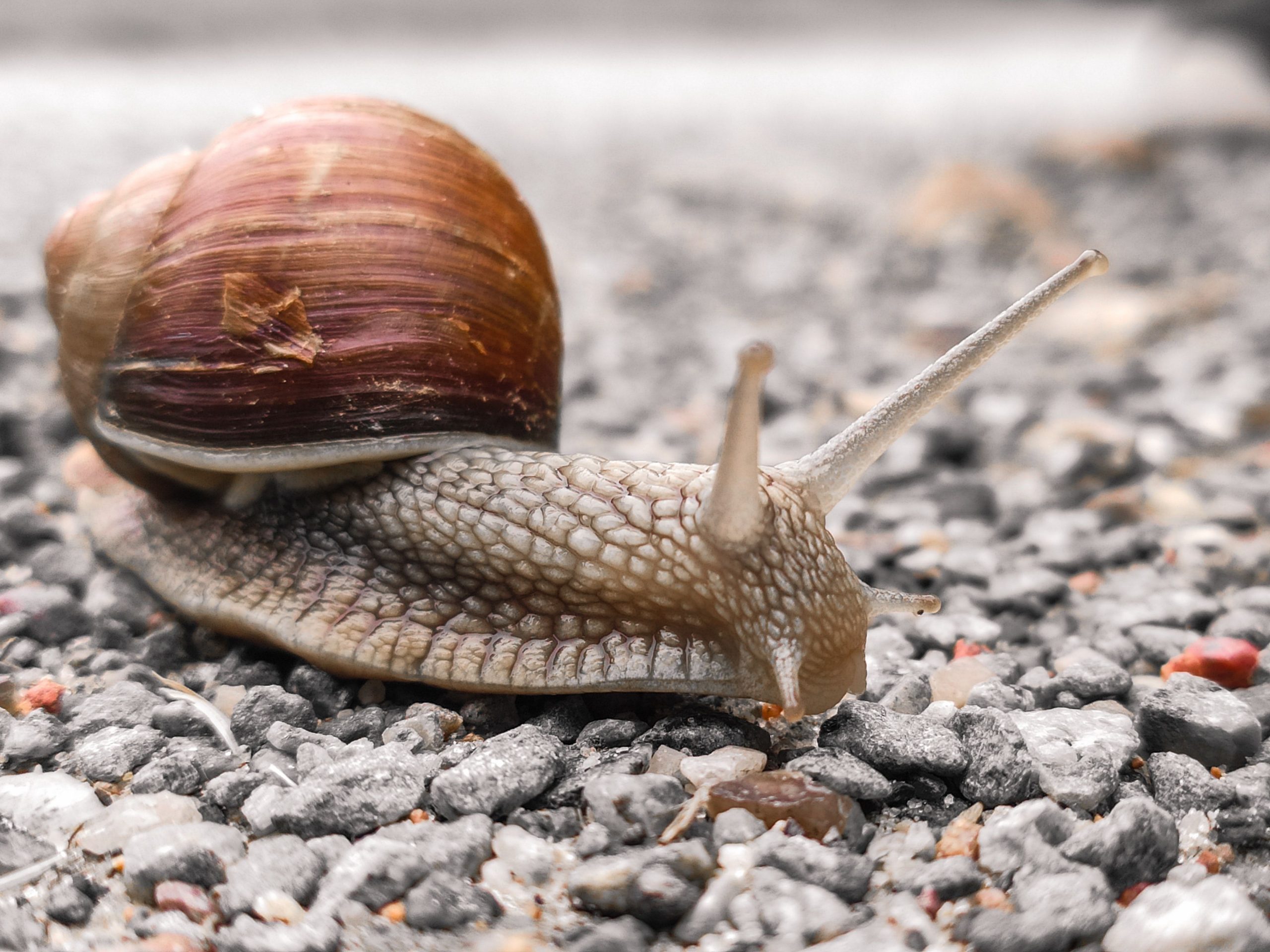Giant African land snails that carry meningitis-causing parasite have been found in the city of New Port Richey area, in Pasco County, the Florida Department of Agriculture and Consumer Services (FDACS) said.
These are invasive species that can grow up to 8 inches long and lay up to 2,500 eggs per year. They can also damage the ecosystems as they are known for eating over 500 different plants.
“These snails could be devastating to Florida agriculture and natural areas as they cause extensive damage to tropical and subtropical environments. The snails also pose a serious health risk to humans by carrying the parasite rat lungworm, known to cause meningitis in humans,” the FDACS said in a statement, adding that those handling the giant snails must wear gloves or other protective gear.
Also Read: From ‘carp’ to ‘copi’: unpopular fish getting a makeover
The species was present in the state in the 1960s and 1970s before being eradicated in 1975. They made a reappearance in 2011 in Miami-Dade County and were eradicated again in 2021. Florida has so far spent $24 million on research to get rid of the invasive species.
“Without eradication, the giant African land snail could have resulted in major export and trade implications for our growers already struggling,” Florida Agriculture Commissioner Nikki Fried said in a statement last October, Newsweek reported.
Also Read: Amid Ukraine’s war, a farmer takes comfort from her snails
Meanwhile, the reappearance of the species forced state officials to enact a quarantine order for residents of Pasco County.
The quarantine area starts “at the northwest corner of U.S. Highway 19 and Ridge Road. Proceed east on Ridge Road, south on Little Road, west on Trouble Creek Road, north on U.S. Highway 19,” according to FDACS.
Also Read: Maha: Large colony of painted storks found in Latur
Those inside the quarantine zone “will not be allowed to move any plants, soil, yard waste, debris, compost or building materials” outside the zone without a compliance agreement.
Anyone who has spotted one of the snails is requested to call the Division of Plant Industry’s help line at 1-888-397-1517.







